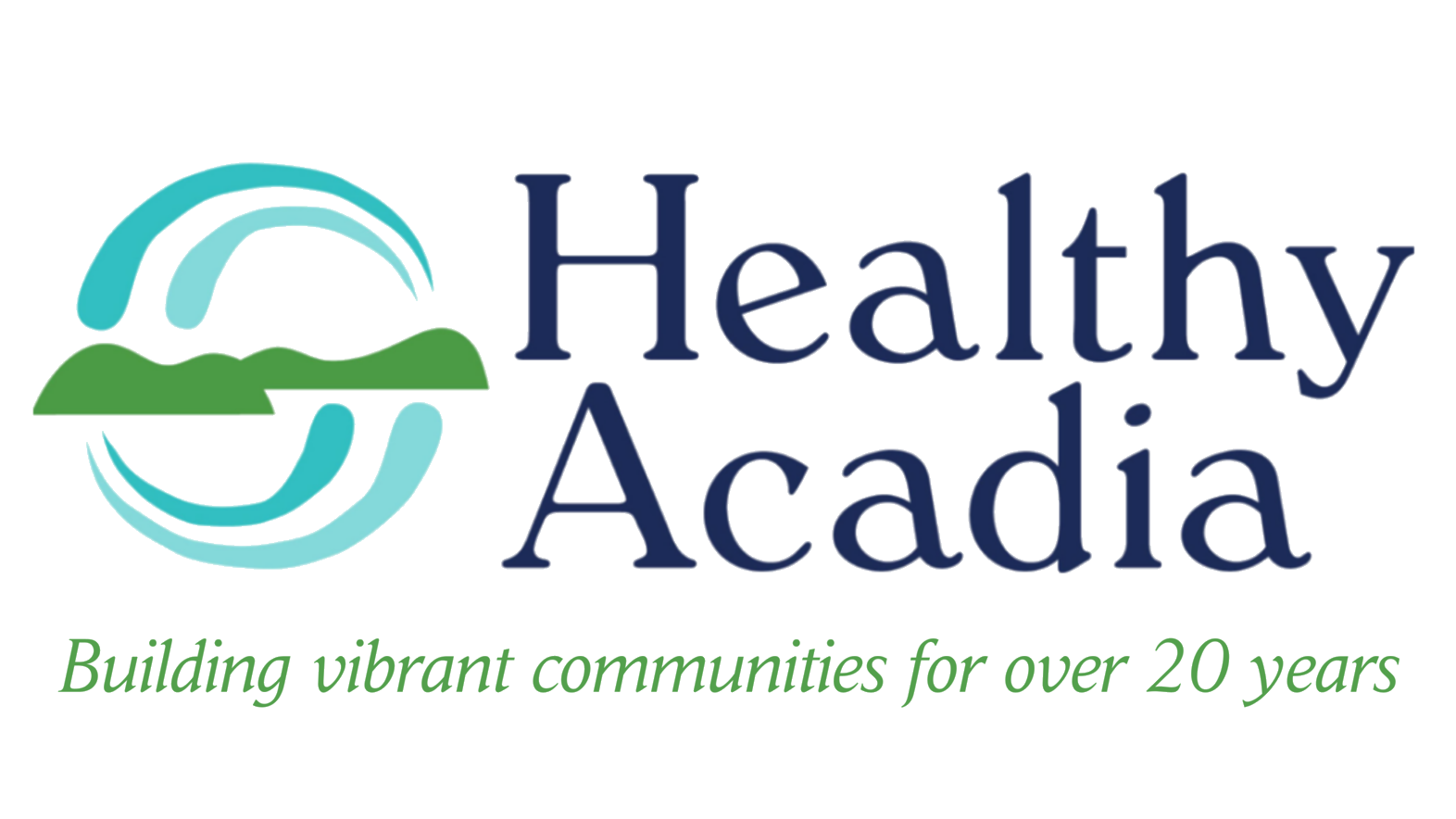Rethinking the State of Prison Food
At the Downeast Restorative Harvest Advisory Council meeting on March 12, 2024, two guest speakers tackled the topic of food in prisons: Laurie Beyranevand, Professor of Law and Director at the Center for Agriculture and Food Systems at the Vermont Law School, and Sean Fusco, who serves as Healthy Acadia Maine Recovery Core Intern/and Community Health Worker/Case Manager with the Regional Medical Center at Lubec.
Laurie presented findings from the State of Prison Food in New England Report, co-authored by CAFS at Vermont Law School and Farm-to-Institution New England (FINE). She noted Maine's adherence to American Correctional Association recommendations on nutrition, safety, and cultural needs in food provision, including sourcing food from on-site gardens. However, she highlighted disparities in county jails compared to state facilities.
Maine is one of just a handful of states to adopt recommendations from the American Correctional Association regarding nutrition, safety, and accommodations for food (such as religious or cultural needs), and prohibiting the use of food in punishment. The Maine DOC encourages the use of food grown in gardens at the facilities, while other states have contracts with food vendors that prohibit sourcing from outside. While Maine has been taking steps to improve prison food, this does not necessarily translate to county jail food.
Sean’s talk titled “Lived Experiences and Maine’s Correctional System’s Food Service” focused on his perspective from within correctional dining and food service. Sean shared his experiences working in correctional dining, emphasizing the lack of attention to meal preparation, especially regarding allergens and special diets. He echoed Laurie's concerns about inconsistencies across the state's correctional facilities and the impact of budget cuts on food quality.
The presentations provided valuable insights to the DERH Advisory Council, emphasizing the importance of fresh produce in correctional facilities and the need to improve meal preparation. These discussions underscored the council's commitment to addressing food-related issues in the carceral system.
About Downeast Restorative Harvest
Healthy Acadia is partnering with the Washington County Jail, Department of Corrections, other community partners, and individuals like you to establish an innovative Community Garden program in Machias. The garden will engage jail and prison residents, members of the recovery community, agriculture educators, and other community members in growing food for the jail’s kitchen as well as for donation to local food assistance programs.
The cultivation of vegetables, fruit trees, and flowers, combined with agricultural training opportunities, will provide participants with valuable life and employment skills. Exposure to gardens and other natural environments can lead to improved mental and behavioral health among jail residents. Positive impacts include increased confidence, new skills and work experience, and increased potential for post-release employment.
